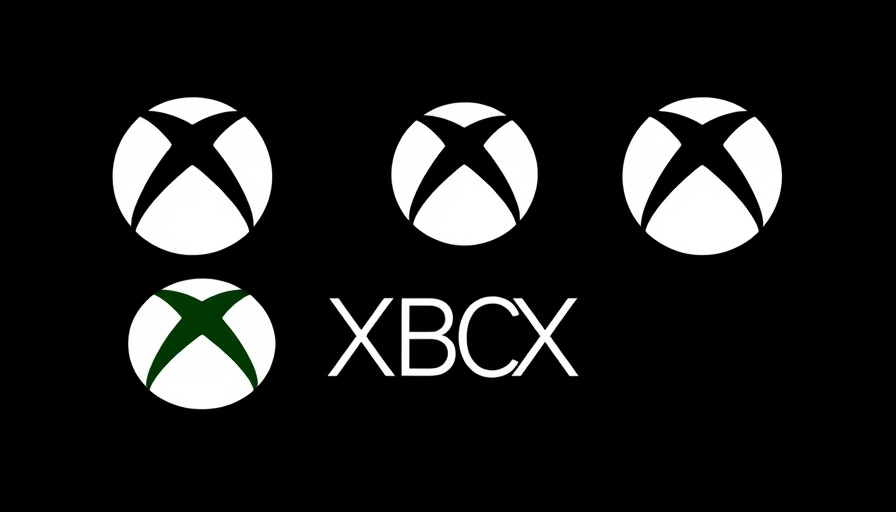
Understanding Microsoft's Layoffs Amid Growing Gaming Demand
As Microsoft embarks on a significant trimming of its workforce, impacting around 9,000 employees, questions arise regarding the company's strategy in the gaming sector. Phil Spencer, the head of Xbox, even acknowledged a paradox: despite increasing player numbers and heightened gaming engagement, layoffs are underway. This article dissects the recent layoffs at Microsoft with a focus on Xbox, helping to understand the wider implications for the gaming industry.
The Current Landscape of Xbox and Microsoft
The gaming industry has witnessed unparalleled growth during the pandemic, with more players and hours logged than ever before. Contradictory to this growth, Microsoft announced a major restructuring to streamline operations. According to Microsoft representatives, their aim is to enhance organizational agility—removing layers of management to respond swiftly to market changes. The question that arises is how this strategy will resonate with Xbox gamers who have shown unwavering enthusiasm during this period of expansion.
Game Cancellations Shake Xbox's Future
Among the most notable casualties of these layoffs are the cancellations of high-profile games such as *Perfect Dark* and *Everwild*. Both projects aimed to rejuvenate Microsoft’s portfolio with fresh, engaging content. *Perfect Dark*, developed by The Initiative, was a reboot of the classic first-person shooter, while *Everwild*, developed by Rare, had been in the works for over a decade. The former was intended to innovate while the latter promised a unique, immersive experience for players. The abrupt halt of these projects raises concerns about Microsoft’s commitment to delivering new content to its gaming audience, an area that many analysts argue is essential to maintaining player loyalty.
Impact on Developers and the Creative Process
The layoffs are not just numbers; they represent real people with ideas and passion. Developers, particularly in studios like ZeniMax Online Studios and King, are feeling the impact firsthand. Following layoffs, grossly simplified reporting suggests that smaller teams encompass a reduced pool of creativity. This can hinder innovation in the long run, especially in a sector where new and engaging content is vital. The cancellation of team-directed projects could lead to a conformance to more generic gaming experiences if developers are continually subject to the uncertainty of job security.
The Future of Gaming and Microsoft's Role
Looking ahead, it’s imperative to examine how Microsoft will navigate this precarious situation. Analysts speculate that these layoffs might be a precursor to focusing on more lucrative franchises like *Halo* and *Call of Duty*, potentially sidelining innovative risks. With a marketplace that continually demands fresh ideas, will Microsoft succeed in balancing the need for immediate profitability against fostering creativity and long-term growth?
Final Thoughts and Industry Implications
The recent events at Microsoft, while seemingly isolating, paint a broader picture of the gaming industry's volatile nature. As companies seek to optimize for efficiency in a rapidly evolving landscape, the effects on creativity and innovation cannot be understated. For avid Xbox gamers, the duality of a growing market yet stagnant outputs may provoke a split reaction. As the dust settles on these restructurings, the community will undoubtedly be left wondering about the future of their favorite console and the games they hope to see blossom.
In conclusion, as Microsoft's gaming arm restructures, both players and developers will be watching closely to see how strategic decisions shape the Xbox experience in the months to come.
 Add Row
Add Row  Add
Add 




Write A Comment